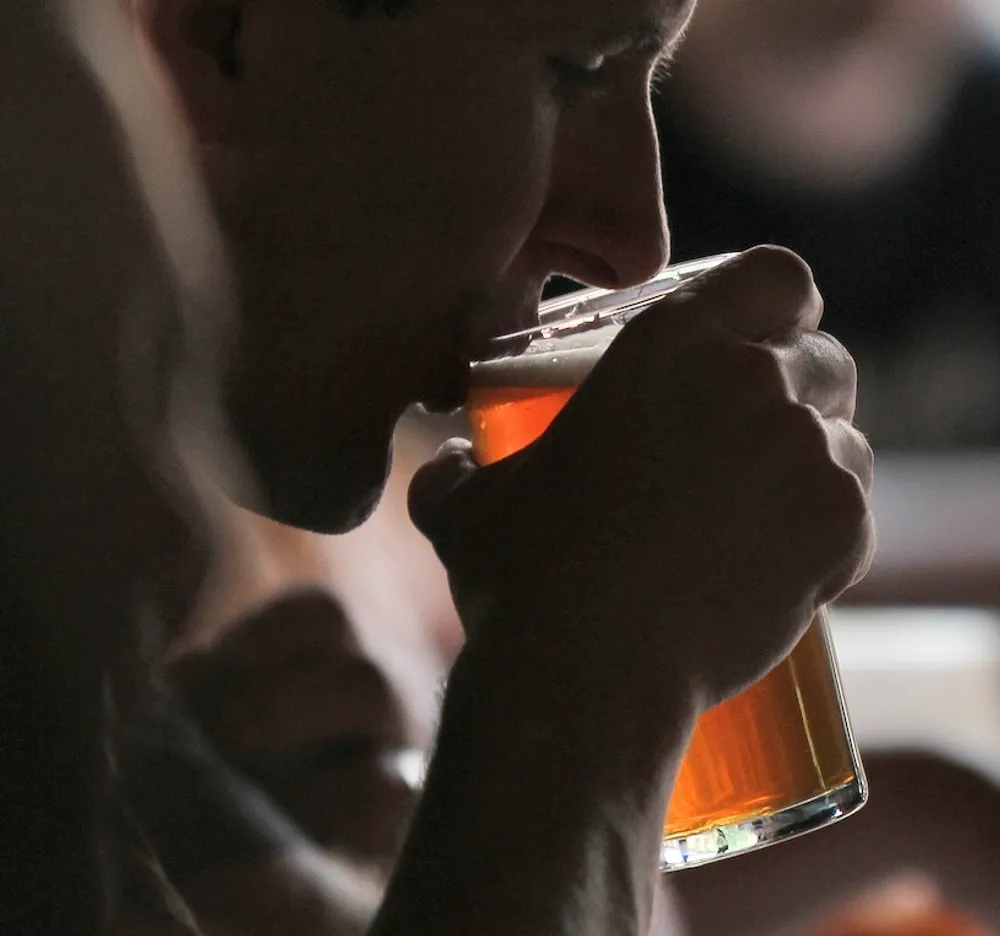How Does Addiction Recovery Assist in Overcoming Alcoholism?
We understand that confronting alcohol misuse can be challenging. Whether you're searching for assistance for yourself or someone else, grasping the full scope of the issue can be difficult. You might even find yourself uncertain about the signs or symptoms that indicate a problem.
It could be that you recognize a loved one is struggling but aren't sure if it's reached the level of addiction. And if you're questioning your own habits, do you keep convincing yourself that sobriety is achievable solo?
Beginning the recovery journey, while it may seem overwhelming, can be beneficial if alcohol is disrupting your life in any manner. Recovering from alcohol misuse or addiction involves much more than just aiming to become “sober.” Throughout recovery, you’ll discover how to:
- Break detrimental habits,
- Develop positive coping strategies
- Engage in diverse therapeutic approaches
- Shift your perspective on life
- Minimize the chances of relapse
What Are the Indicators of Alcohol Misuse?
There are several indicators of alcohol misuse. A good starting point is to ask yourself some informal, honest questions. Consider:
- Do I frequently find myself thinking about alcohol?
- Have I attempted to stop drinking but found it impossible?
- Is my drinking affecting my work or personal relationships negatively? Do I consume alcohol when feeling lonely or sad?
If you answered yes to any of these questions, we strongly advise seeking treatment. There are various signs to help identify potential alcohol misuse. While many are noticeable, others might be harder to detect. Additionally, the extent of alcohol misuse can influence the signs a person exhibits. For instance, some individuals attempt to conceal their alcohol misuse by drinking privately and isolating themselves, making it difficult for loved ones to intervene.
Mild alcohol misuse can be easily overlooked. However, what seems like a minor issue can escalate dangerously over time. These initial warning signs should not be ignored. Seeking treatment sooner rather than later will help you return to the activities you enjoy most in life.
Identifying Alcoholism with the CAGE Questionnaire
Besides the above warning signs, you can always utilize the CAGE questionnaire, a tool used by professionals. As noted by the American Addiction Centers, the acronym CAGE includes four questions which represent:
- C = Cutting down
- A = Annoyance by criticism
- G = Guilt feelings
- E = Eye-openers
Experts suggest that if you respond “yes” to two or more of the CAGE questions, professional recovery treatment should be sought. The four questions are:
- Have you ever felt you should reduce your drinking?
- Do you feel irritated when others comment on your drinking?
- Have you ever felt remorseful about your alcohol consumption?
- Do you ever drink in the morning to steady your nerves or to alleviate a hangover?
What Are the Risks Associated with Alcohol Misuse?
Alcohol misuse can trigger numerous problems impacting both your personal and professional life. Prolonged drinking increases the risk of serious health issues and other potentially life-threatening outcomes.
Denial is a significant barrier preventing people from seeking help for alcoholism. Some individuals may try to justify their drinking habits or deny having any issue. Do you find yourself blaming others or circumstances for your drinking? Instead of acknowledging the problems caused by alcohol misuse, you become defensive when excessive drinking is mentioned. By not recognizing alcohol's negative impacts, you're hindering yourself from living a healthy, sober life.
It's time to stop making excuses and seek the help you deserve. Explore options for alcoholism support and find resources to initiate your recovery journey today.
What’s the Connection Between Alcohol Addiction, Trauma, and Other Risk Factors?
In addition to other risk factors that increase susceptibility to alcohol misuse, trauma is a major one. A study investigated the relationship between different traumatic events and alcohol misuse. Unsurprisingly, these relationships are intricate. Although a link is established, its exact function depends on numerous factors.
Adolescent drinking is also vital to study, especially concerning risk factors for alcoholism. Because teenage brains are still developing, their drinking behaviors differ significantly from those of adults.
As for why underage drinking starts, teens may turn to alcohol for diverse reasons, such as peer pressure and the desire to experiment or have fun. Behavioral, physical, and environmental factors also contribute to adolescent alcohol misuse risk.
For both adults and teens, alcohol can seem like a way to escape reality.
Both adults and teens experience stress, and many times, alcohol or substance use becomes a way to handle these situations.
Seeking Assistance for Alcohol Misuse and Addiction
Anyone can start the process of obtaining help for alcohol misuse. The first step is to acknowledge the need for help and then reach out for resources. You might feel more at ease discussing this with a trusted family member or friend initially, but ultimately professional treatment is advised.
A treatment facility will provide support tailored to your needs. Whether you require alcohol detox, comprehensive medical care, therapeutic counseling, or a combination of these, a well-equipped center will have what you need. Contact Impact Recovery today to begin your healing journey. Every day counts, so make today the start of your new life.
